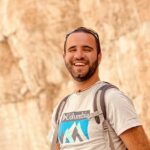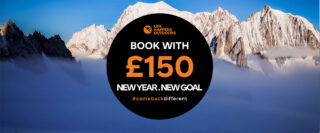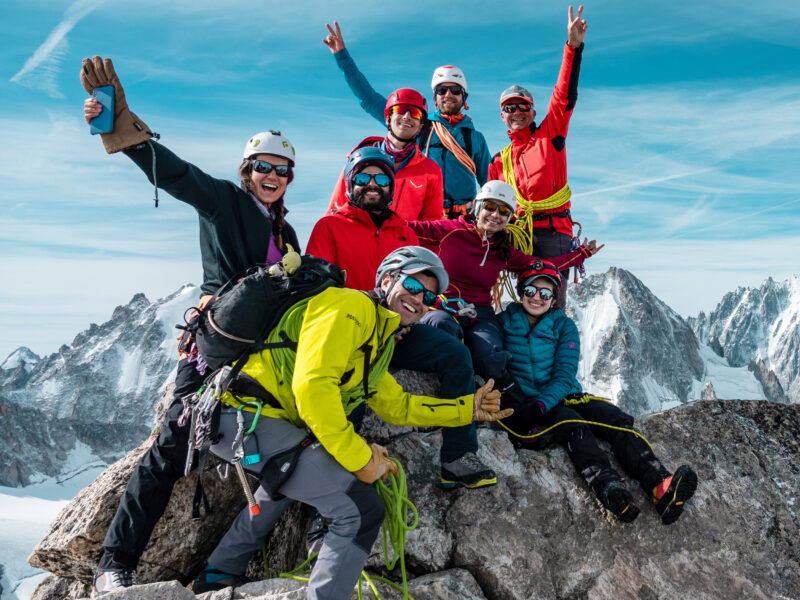BY Jean-Louis Moukarzel | August 12 2024
The Boy Who Went to Kilimanjaro
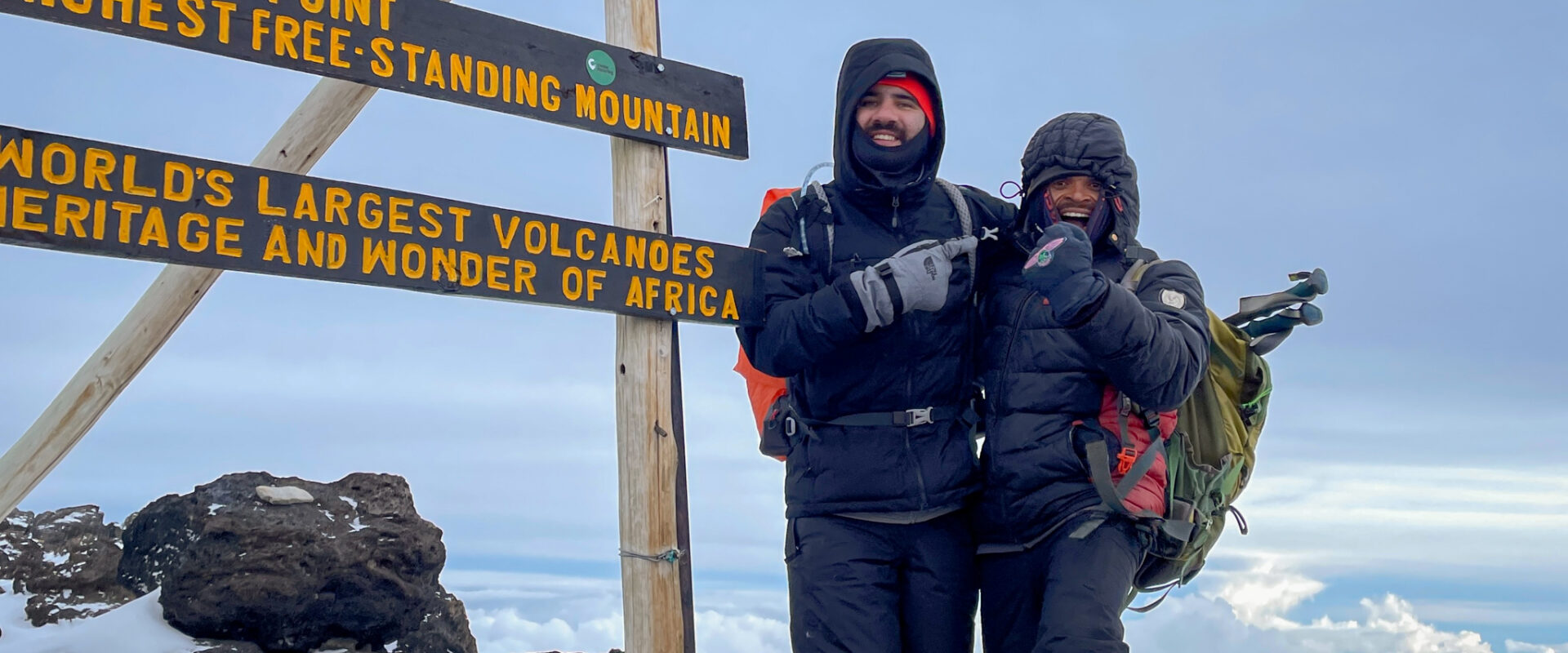
They say a year can do wonders, so imagine what 2 years are capable of. There’s a stark difference between the boy (on the mountaineering scale) that landed in Moshi in 2022 and the man that came in 2024. I was rash 2 years ago, to the extent that as soon as I met my team leader at the hotel, the first question I did ask him was if Aconcagua was a good mountain to tackle after Kilimanjaro. He told me to live in the present and focus on the challenge ahead and we’ll see where to go from there.
Although there’s a lot to be grateful for in my journey with LHO as a client first, I would like to single out the grounding education I’ve received and how I was mentored in my view of mountains. When I first decided to tackle Kilimanjaro, I was riding the mainstream wave of completing the 7 summits at the time. I’m not saying this is a bad thing and I wholly encourage you if you are on this journey, but I pray you never lose sight of your purpose. In my subsequent years of mountaineering, I’ve met a lot of people that aimed to be the first or the fastest at something, which is all good and dandy until spite kicks in. Spite towards the competition that can even spill into spite against the elements and the mountain. And that in itself is a weak emotion that won’t really get you anywhere. Gregory David Roberts writes “Anger, for all its fury, can be killed with a smile.” If you’re determined to see the world at altitude though and get a fleeting sensation of what the heavens feel like, then that will probably lead you to all of the summits you put your eyes on.
But I didn’t believe in all of this before. I hadn’t even heard of 99% of the mountains I would climb in the next 2 years following Kilimanjaro. In fact, while climbing in Tanzania, it felt like I was taking on the hardest thing there could ever be in the world. And how could I not be in that mindset? I’ve known the fear of the unknown in different forms on other mountains later but it was at its strongest then. What the hell was altitude and how would I feel it? How could I last 7 days with no shower? And how will the boogey man that is the fabled summit night unravel?
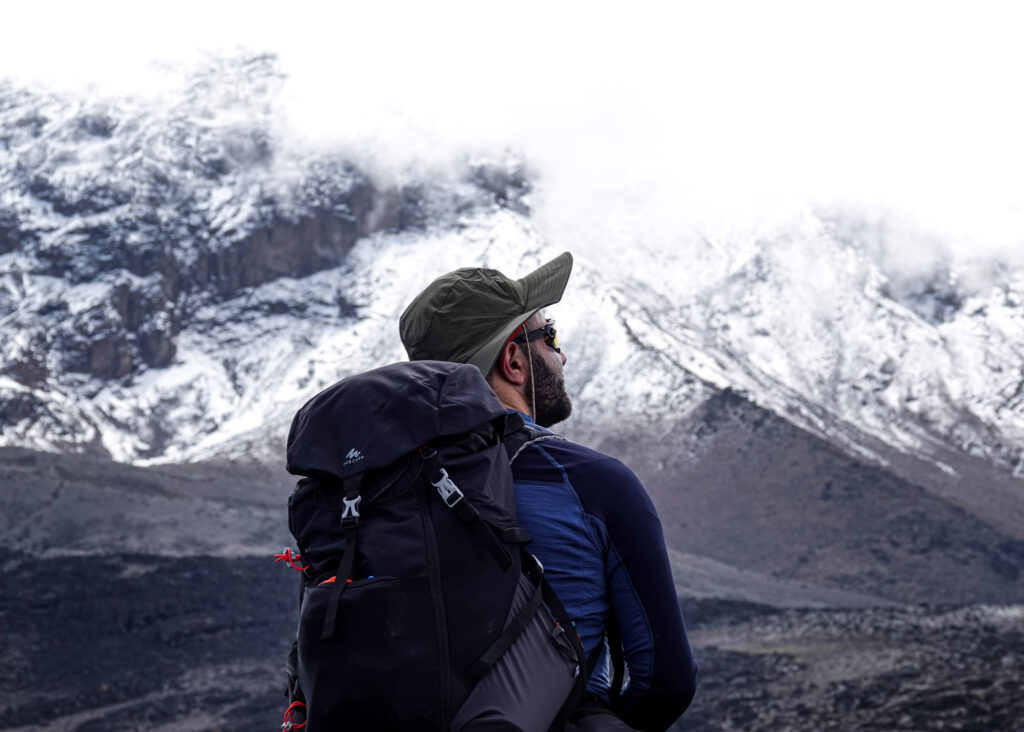
I’ve already spoiled my answer: they felt like the hardest thing ever at the time. I came back to the city and sat with all that happened. I listened to other people talk about their experiences on Kilimanjaro and I did it with a different filter since I had been there. The common point everyone talked about is how much of a life-changing endeavour was this climb. And I agree. I actually think that whoever you are, whatever your condition is and whether you care about mountains or not, you definitely should experience Kilimanjaro at some point in your life.
I went on to bag around a dozen summits in 3 different destinations in the years that followed but nothing could prepare me for my return to Kilimanjaro like… well, like my return did. I was asked to come back as a team leader exactly 2 years later. I went through a rollercoaster of emotions before they settled down as I landed in Moshi. My main concern wasn’t the success of the trip or the security of my team members ironically. I was mainly worried about my capability to give them the Kilimanjaro experience like I had it. I really wanted to educate them well on mountains and make sure this was a life-changing trip for them. You may think there’s something wrong here, and more on that later on.
I wasn’t nervous on the eve of our departure for the mountain. I just had a feeling that things would turn out alright. And they did, really. When I look back and think that it never rained on us while we hiked throughout the whole itinerary, even small things like that make a difference. But the real relationships were built as we made our way up. I had different profiles with me and managing the conditions and wellbeing of everyone as well as earning their trust was my bread and butter. I would find moments for myself when everyone would be resting to just recuperate but my stay on Kilimanjaro as a team leader was very different from my first time. When I wrote this, I thought of the Baranco wall for example and how as a client I went slowly and meticulously through it whereas as a team leader I was just running past the masses and taking alternate routes just to be able to grab photos of the team.
On summit night, as we gathered in the mess tent, I gave my speech to the team. One of the things I told them was to take it as they go, one step at a time and without thinking of what’s ahead. I told them “The demons will come, so don’t invite them in before their time.” I also told them about my summit push on Cotopaxi and how I kept my mind at ease by repeating the same scene in my head, one where I was coming home to read Le Petit Prince (my favourite book) to my kids in the future. We then stepped into the night and started our long climb, one I was looking forward to as I didn’t remember much from my first one due to dehydration kicking in. Ironically this one felt longer, and the closer we got to Stella Point, the sicker I felt. I had to keep it together for the team though.
When the sun rose, my mind was distracted with taking pictures and so I was the last one to the summit. When I made it there, one of the team members hugged me right away thanking me. I had 2 young men with me whom I considered as little brothers. I saw them cry when I reached them and I turned around and cried myself. A man called Hatem also came to me and told me that I lied to them. I asked how. He told me “You said the demons would come for us during the night but that’s not what happened. It’s actually the angels that came for me. I remembered your story from Cotopaxi and pictured my daughters all throughout the climb telling me that I can do it. And that’s how I did it.”
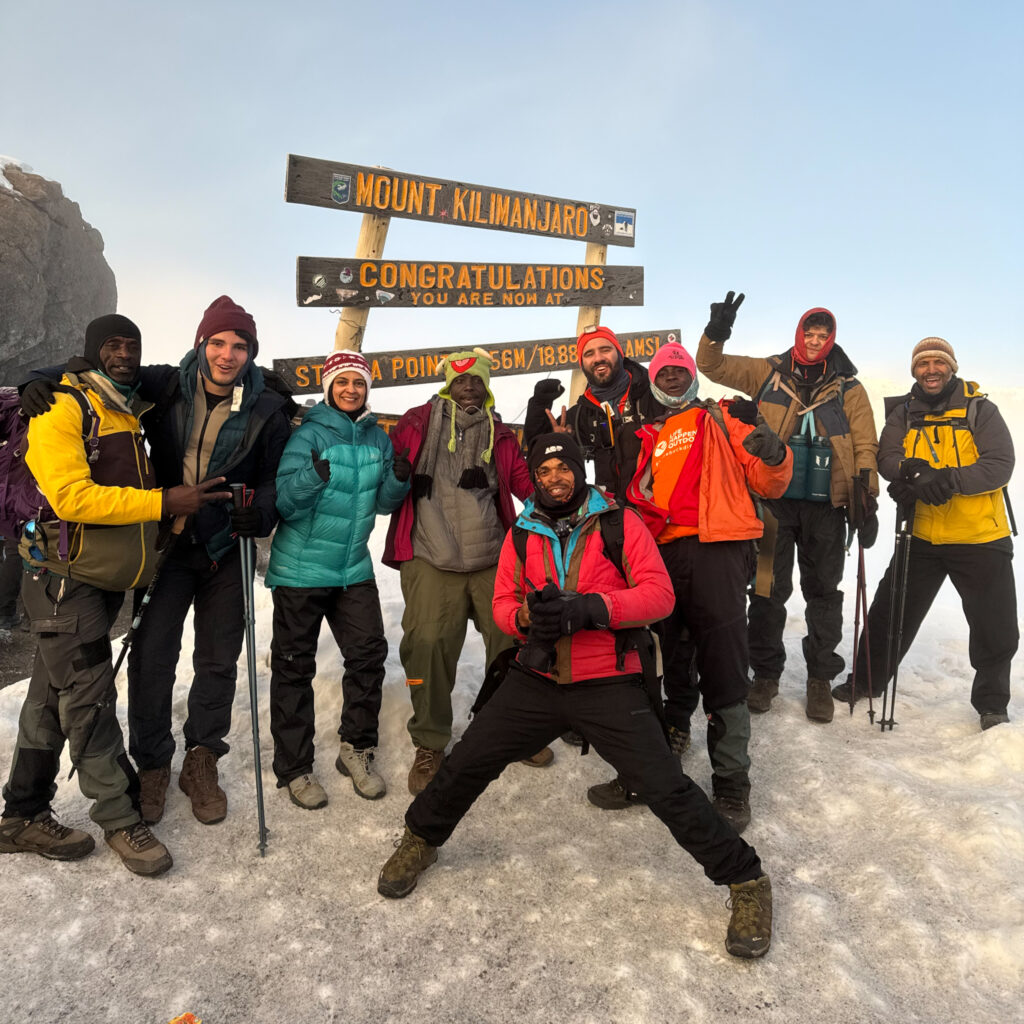
The reason I’m dwelling on such details is because I stated here earlier that my biggest concern was making this trip a life-changing one for them. I said it was wrong because it felt like I was trying to force it whereas the reality of the situation is that I just needed to let things unfold, have the mountain do its thing and trust in the fact that I was merely a catalyst in their story and they were the main characters. I couldn’t have imagined it better myself.
One thing that was still on my mind though when it came to me was how I suffered on the summit push, and it was something that hadn’t happened to me in a long time. I talked about it with one of our guides and he told me something that I should probably have known all along. He simply said we all suffer, including them. But it’s with experience that you learn how to keep it together and focus on the client instead.
About Life Happens Outdoors
At Life Happens Outdoors, we believe in the power of nature to transform lives. As proud members of the Adventure Travel Trade Association (ATTA) and the World Travel & Tourism Council (WTTC), our team of certified guides and outdoor professionals is committed to the highest standards of safety, sustainability, and excellence.
Discover more about our story and mission on our Meet LHO page, or explore our curated adventures such as the Tour du Mont Blanc Trek, the Climb of Kilimanjaro, and Chasing the Northern Lights.








